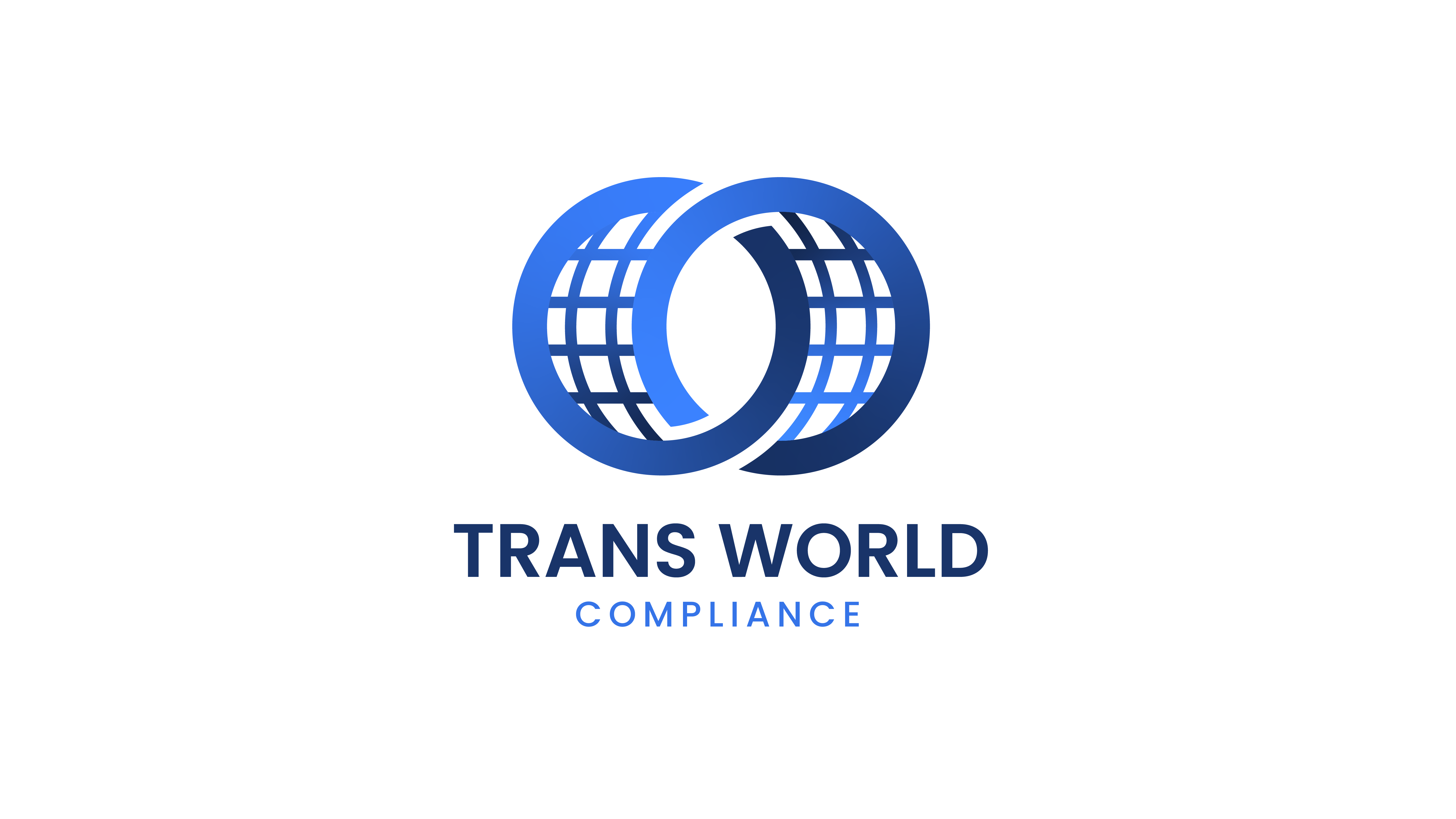Spooky Fines: The Scariest Penalties for Non-Compliance Across Finance
Non-compliance with financial regulations may seem harmless until hefty fines and reputational damage haunt institutions like ghosts from past wrongdoings. While financial regulators worldwide consistently stress the importance of AML (Anti-Money Laundering) protocols, some institutions slip up—intentionally or otherwise—and face consequences far more terrifying than anticipated.
These regulations are designed to keep the financial sector secure, transparent, and resistant to illicit activities like money laundering, tax evasion, and terrorism financing. However, non-compliance often results in severe monetary penalties, operational disruptions, and the chilling specter of reputational ruin.
AML Violations – When Lapses Lead to Looming Fines
Anti-money laundering (AML) protocols are the financial sector's first defense against money laundering, terrorist financing, and other criminal economic activities. AML regulations mandate financial institutions implement robust procedures, including Know Your Customer (KYC) protocols, monitoring systems, and suspicious activity reporting. By enforcing these regulations, authorities like FinCEN (Financial Crimes Enforcement Network) in the United States and various European financial regulators aim to prevent criminals from integrating illicit funds into the legitimate financial system.
Yet, despite these strict protocols, many institutions have encountered lapses that cost them financially and reputationally. Some of the industry's most famous AML fines are reminders of what can happen when due diligence is disregarded.
1. HSBC – A $1.9 Billion Reminder of AML Negligence
In one of the largest AML fines, HSBC faced a staggering $1.9 billion penalty in 2012 for violating AML laws. The violations included failing to maintain effective anti-money laundering controls and processing transactions for drug cartels in Mexico and other high-risk customers.
The US Department of Justice, in collaboration with FinCEN and other agencies, led the investigation, which uncovered severe lapses in customer due diligence, inadequate internal controls, and poor monitoring systems. HSBC's negligence allowed criminals to channel billions of dollars through its systems without raising red flags.
The aftermath was grim for HSBC. Apart from the financial blow, the institution faced intense public scrutiny, legal battles, and a severe dent in its reputation. It was forced to overhaul its compliance procedures, invest millions in compliance technology, and hire thousands of compliance officers. The bank's name, once synonymous with reliability, became associated with one of the industry's largest AML scandals—a haunting reputation that lingered long after the penalty.

2. Danske Bank – A Web of Laundered Billions
Danske Bank's money laundering scandal is yet another notorious example. Between 2007 and 2015, Danske's Estonian branch allegedly laundered around $230 billion of suspicious transactions, mainly from Russian clients. Although the scandal was publicized in 2018, the fine issued by Danish regulators was a hefty reminder of the high cost of AML failures.
The investigation revealed that the bank lacked sufficient controls, enabling a network of criminals to exploit its systems for illicit transactions. Danish and Estonian regulators and several international bodies found the bank complicit in one of Europe's largest money laundering schemes.
The repercussions extended beyond fines; Danske Bank faced lawsuits, shareholder dissent, and severe reputational harm. Senior executives resigned, and the bank's reputation took a massive hit, casting a long shadow over its operations and client relationships. The scandal underscored the dangers of weak AML systems, illustrating how failure to comply with AML protocols can lead to sprawling financial and reputational damage.

Analysis of Compliance Failures: Common Pitfalls in AML
The examples of HSBC and Danske Bank highlight common compliance pitfalls:
- Inadequate Customer Due Diligence: Insufficiently vetted clients can exploit financial systems for money laundering.
- Weak Internal Controls: Lack of robust AML frameworks and risk management exposes institutions to criminal exploitation.
- Ineffective Monitoring Systems: Without real-time transaction monitoring and anomaly detection, suspicious activities can slip unnoticed.
In both cases, the lack of compliance measures and the absence of a compliance culture magnified the impact. When institutions deprioritize regulatory adherence, they inadvertently invite the specter of substantial fines and legal ramifications.
Sanctions and Offshore Schemes: Costly Lessons
Financial compliance is fraught with costly pitfalls, particularly regarding sanctions violations and offshore tax evasion. The penalties for non-compliance in these areas are among the most severe, as regulatory bodies worldwide enforce stringent sanctions to deter financial institutions from circumventing economic laws or supporting illicit activities. US sanctions play a pivotal role in safeguarding national security by restricting financial transactions with countries involved in terrorism or human rights abuses. Banks that ignore or attempt to subvert these restrictions face severe economic and reputational consequences.
3. BNP Paribas - A Record-Breaking $8.9 Billion Penalty
In 2014, BNP Paribas (BNPP), one of France's largest financial institutions, received an astonishing $8.9 billion penalty after pleading guilty to processing transactions for Sudan, Iran, and Cuba—countries under strict US sanctions. This massive fine highlighted the consequences of BNPP's multi-year conspiracy to circumvent US sanctions laws and the bank's elaborate schemes to avoid detection.
BNPP used "satellite banks" and disguised sanctioned entities in transactions to bypass sanctions, processing over $8.8 billion through the US system. Despite legal warnings, the bank continued these practices for profit, particularly supporting Sudanese terrorism-related banks. This led to significant repercussions, including fines from the DOJ, Federal Reserve, and OFAC, criminal pleas, and a year-long suspension of dollar-clearing operations. BNPP also had to fire senior executives and invest heavily in compliance reforms.

4. Credit Suisse - Offshore Tax Evasion Schemes
Credit Suisse, a Swiss bank with a storied history, was implicated in aiding US taxpayers in evading taxes by hiding assets in offshore accounts. In 2014, the bank pled guilty to a conspiracy charge for assisting US clients in concealing their wealth, resulting in a $1.8 billion fine. This case reopened global scrutiny on the role of Swiss banks in facilitating offshore tax evasion and the effectiveness of plea agreements to prevent repeated violations.
A Senate Finance Committee report exposed Credit Suisse's possible non-compliance with its plea agreement, highlighting its services to high-profile individuals like Dan Horsky, who hid $220 million through family members and shell companies. Internal documents showed senior bankers altered account details to evade IRS scrutiny by using dual citizenship to mask clients' identities. The report also uncovered undisclosed accounts transferred to other banks, prompting calls for intensified investigations into Credit Suisse and other Swiss banks.
These revelations have damaged Credit Suisse's reputation and sparked renewed demands for stricter enforcement of offshore reporting regulations, particularly regarding dual-citizenship accounts and tax evasion.

Challenges in Compliance: Why Institutions Struggle with Sanctions and Offshore Regulations
Compliance with sanctions and offshore regulations is complex for financial institutions, requiring strong controls, monitoring, and reporting. Challenges include:
- Transaction Monitoring: Effective monitoring is needed to prevent funds from reaching blacklisted entities. BNP Paribas's concealment tactics highlight the risks of detecting covert practices.
- Client Data Issues: Offshore compliance necessitates accurate client identification, especially for dual citizens. Credit Suisse's situation revealed problems with inadequate reporting of such accounts.
- Cross-Border Coordination: Institutions must align with varying global and local regulations, as Credit Suisse faced challenges managing compliance protocols across jurisdictions.
The penalties from BNP Paribas and Credit Suisse demonstrate the severe consequences of compliance failures, emphasizing the need for a proactive compliance approach to mitigate financial and reputational risks.
Conclusion
Avoiding the Spooky Costs of Compliance Violations
The staggering fines and reputational damage seen in cases like HSBC, Danske Bank, BNP Paribas, and Credit Suisse reveal the high-stakes world of financial compliance. These cautionary tales remind institutions that lapses in AML, sanctions, or offshore regulations are costly and leave a lasting shadow on an institution's credibility and client trust. With increased regulatory scrutiny and public accountability, compliance can no longer be viewed as just a back-office function—it's a vital component of operational integrity and strategic success.
Financial institutions must prioritize rigorous compliance frameworks, invest in cutting-edge monitoring systems, and embed a culture of accountability throughout their operations. Such proactive measures are essential to avoid the "spooky" consequences that have haunted others in the industry. By committing to robust compliance, institutions protect themselves from severe financial and legal repercussions and safeguard their reputation in a global marketplace where trust and transparency are indispensable.




